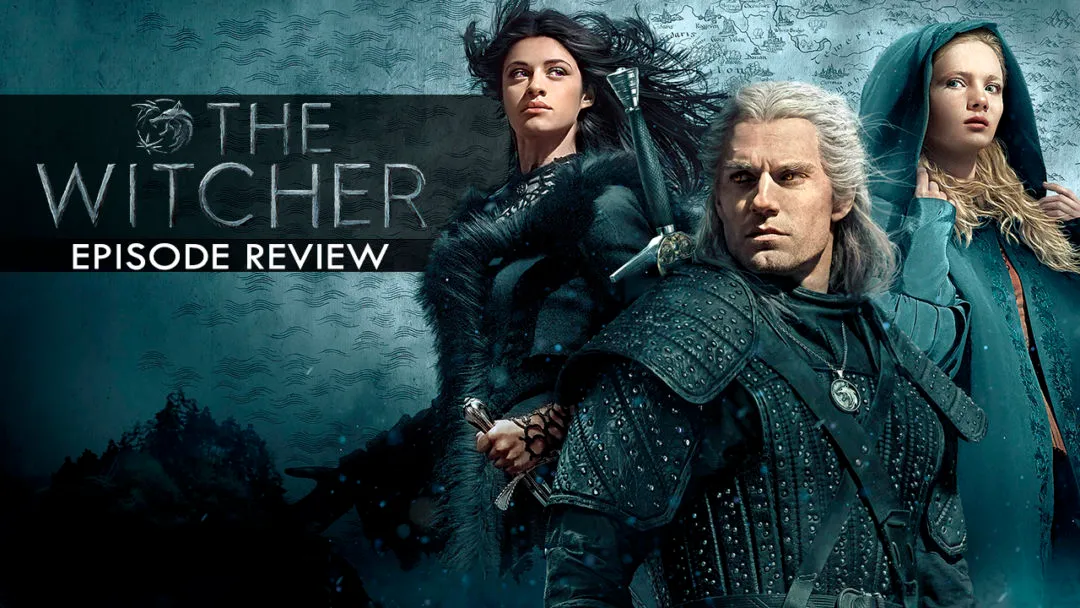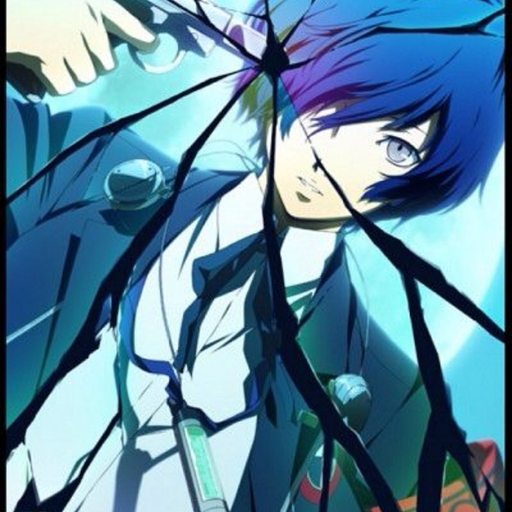This review contains spoilers for The Witcher, episode 8, “Much More.”
After watching the finale to The Witcher’s first season, I feel torn. Maybe it’s because I entered “Much More” with certain expectations, but I couldn’t help but be disappointed at how the show’s first finale played out. I enjoyed it in parts, but for most of the episode I was just left with a feeling of indifference. I should feel more engaged than I was with the episode and the show as a whole, but by the time the credits began to roll all I could do was sigh deeply and shake my head at just how little I cared.
Overall, elements of the show work very well, but it seems to intentionally handicap itself at every turn. It didn’t have to have a narrative split across three time periods slowly colliding with each other. It didn’t need to waste Ciri (Freya Allan) for an entire season. It didn’t have to have a main plot masquerading as a side plot in the vast majority of its episodes. And yet, here we are. “Much More,” as an episode, is a microcosm of all of the season’s odd decisions finally coalesced.
We’re finally caught up in the present with Yennefer (Anya Chalotra), Geralt (Henry Cavill), and Ciri all dealing with the invading Nilfgaardian army in their own way. Yennefer allies herself with a small faction of the Brotherhood of Sorcerers to halt the Nilfgaardian advance, Geralt is trying to find Ciri while contending with monsters and an infection, and Ciri is hiding out in a small farm in the woods to avoid the nearby battle. This is literally the closest that all three characters have been to each other, though the majority of the episode focuses on Yennefer’s perspective.

As the show progressed, instead of focusing on the titular Witcher, Yennefer is the only major character with a clear and distinguishable character arc. We met her in episode 2 as a self-loathing farm girl and watch her become a confident sorceress who slowly becomes disillusioned with the world and its people, only for her to eventually decide to stand up to Nilfgaard as they attempt to invade the Northern Kingdoms. Most of the episodes were dedicated to her growth to the point where she’s the only member of the trio that I can say has a clear and defined personality and legitimate goals that stem from her character, rather than because destiny says so.
Seeing her stand up to Nilfgaard along with the rest of the sorcerers should have been a climactic moment, and at times it was. Watching the sorcerers use their powers to defeat the Nilfgaardians was full of cool moments, including toxic mushrooms killing soldiers, teleporting swords, and Yennefer releasing a ridiculous amount of fire. What undermined the success of these scenes was the rushed build-up the show had to get us to this point.
Whether or not the Brotherhood of Sorcerers would get involved in Nilfgaard’s affairs was only established last episode, and even then it wasn’t until the second half of that episode that the conflict was truly introduced. The first half of “Much More” was spent building up the upcoming battle with Nilfgaard, only for the second half to arrive there without its being properly established. It felt like we needed at least another episode of setup in order to properly understand the stakes involved. When sorcerers began to fall, it was played up as being incredibly dramatic — like when Sabrina (Therica Wilson-Read) died in an explosion and fall after being mentally manipulated — but we hardly spent enough time with her, or anyone else for that matter, to care about their deaths. Vilgefortz’s (Mahesh Jadu) betrayal was framed as significant, but we only just met him last episode. I don’t know who this man is. Why should I care that he abandoned the sorcerers?

The same goes for Geralt’s plot this episode, which is spent hallucinating on a cart and having flashbacks of his childhood before becoming a witcher. If the entire point of the first season were to introduce us to our main trio, it feels incredibly odd to see the show rush through his origin in the last episode as if The Witcher forgot that its central character needed one. Except, he really didn’t. We were able to piece together his backstory fairly well from his asides in prior episodes. He’s long-lived, lost his emotions, and he’s one of the last of his kind because of how dangerous and ethically repulsive the process to create witchers is. The confrontation he has with his mother Visenna (Frida Gustavsson) is well executed with Cavill delivering a good performance, but that doesn’t excuse how forced and rushed it felt.
As for Ciri, outside of the premiere establishing the goal for her to find Geralt, she felt forced into a season that did nothing to expand her character, only to set up future stories. In the long run I’m sure this decision is for the best, but the recurrent issue with her scenes, as well as the majority of the first season, is the promise that all of this build-up will pay off in the end. Establishing Geralt, Yennefer, and Ciri as individuals before they all come together is framed as being necessary, but that central premise isn’t realized. Yennefer, Geralt, and Ciri don’t all meet by the end of the season, so we have to assume it’s worth the wait.
From the very beginning, we’re told that Ciri is meant to be important. But the show has not properly explained why she’s important in the eight episodes it had to do so. We saw Ciri use her magical abilities twice, once in the premiere and once last episode, but little explanation was given for its nature or origins. Like it or not, if the goal of the season was to introduce her and establish her value to both Nilfgaard and the viewers, then the show failed in its goal.

At this point, the backstories should be done. The Witcher spent eight episodes dealing its cards and setting up all of its pieces, and now we can dive into the events of the first novel, Blood of Elves, when the show returns in 2021. Do I think that the future seasons will be good? I have reason to think so, considering how esteemed the Witcher novels are.
Ultimately, I do think that the first season should be better on future rewatches. Newcomers will be more familiar with concepts like what a witcher is and what the Law of Surprise is and understand their importance in the context of the series. Episode 4 was a confusing introduction to the Law of Surprise, but rewatching it after viewing the rest of the season helps to put those events in a greater context. You’ll start to piece together little moments that pay off in later episodes or, due to the split timelines, understand how certain events were caused.
A part of me is curious to see just how well this first season will hold up in retrospect as future seasons stream. This first season was based off of two collections of short stories, Sword of Destiny and The Last Wish, but the rest of the novels appear to tell one continuous story about Geralt protecting Ciri. With that in mind, will the first season stand the test of time with its more episodic approach to storytelling? Or will future seasons be better regarded with a focus on a more serialized approach? Time will tell.
“Much More” concluded the season on a fairly weak note, but does that really matter at this point? The show was one of Netflix’s most popular series in 2019, becoming one of the hottest shows of the year. People are clamoring for The Witcher and can’t wait for it to return, and as much as I’ve groaned about certain decisions this season, I am part of that crowd. I can’t say that I’m a raving fan of the series, because at this point I’m simply not, but I know that there is value in this series and I want to see it reach its full potential. It’s not there yet in my opinion, but hopefully it will be soon.






Published: Jan 6, 2020 04:26 pm